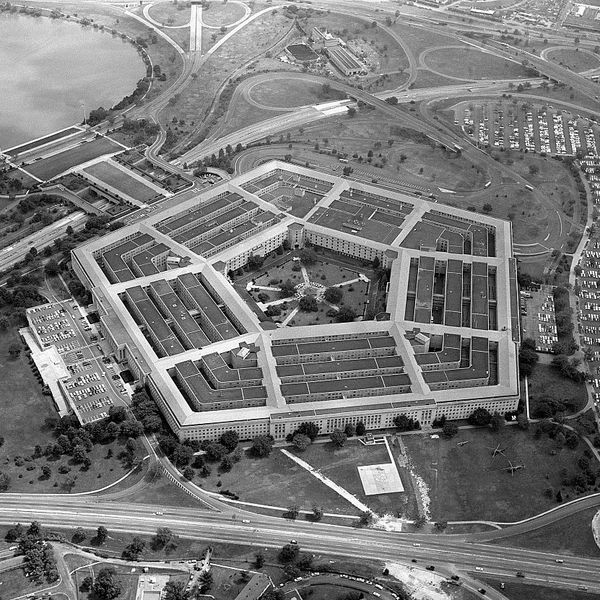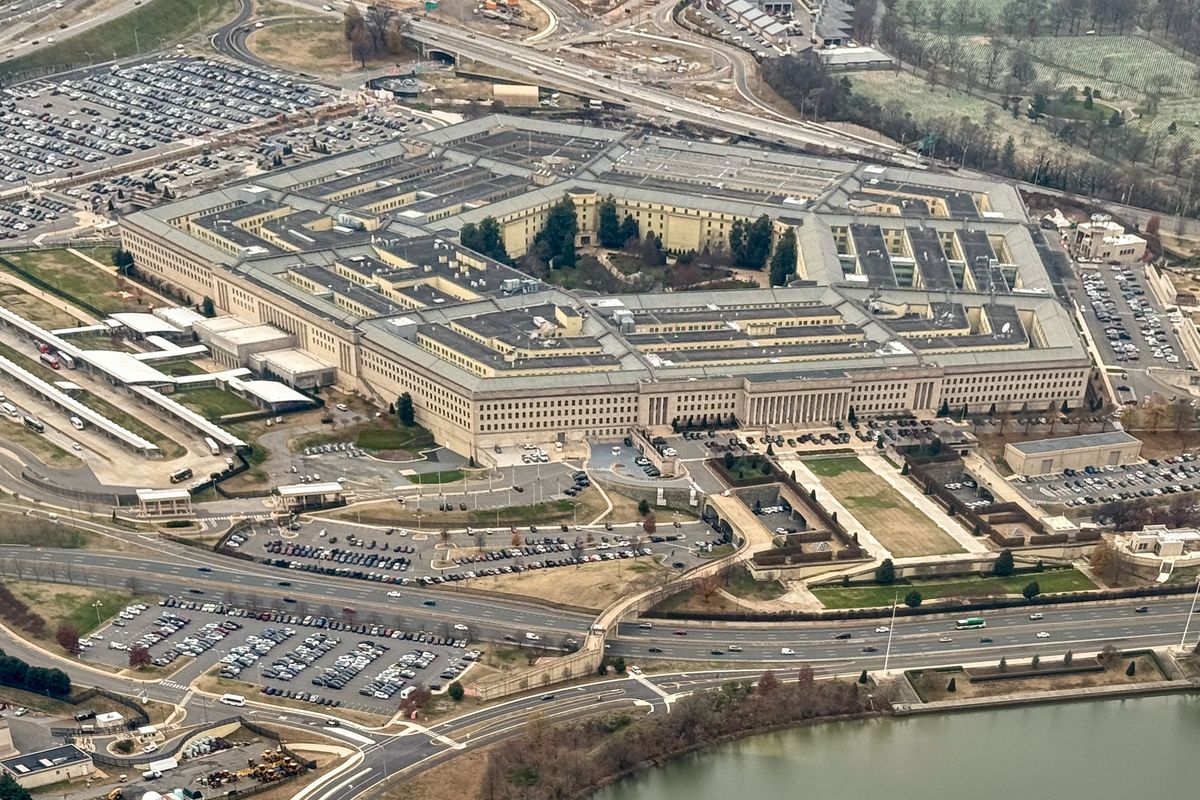In his campaign, Donald Trump has created a fact free zone in which he has for the most part been selling fantasies instead of proposing real government programs.
Trump, himself, has indicated that much of what he has said to date may be just his opening bid in what he seems to see as negotiating a deal for voter support. During the March 10 debate, Trump said that he might send up to 30 thousand additional U.S. troops to the Middle East because “we have to knock them out fast,” meaning the Islamic State (ISIS).
Anyone seriously concerned about national security should shudder at the implications of Trump’s answers last Thursday during a Palm Beach press conference when he was asked about dispatching those 30 thousand U.S. troops.
Up to now, Trump has often indicated he learned about military affairs from television commentators. On Thursday, he implied as president, he’d consult with the Defense Department.
“It’s going to be up to the generals. The generals are going to be able to play their own game,” he said.
On the surface, there is nothing wrong with a potential commander-in-chief saying he would consult with his generals to determine what military options are available.
However, Trump went on: “I want to find out I have the right general…We don’t want to have the wrong general talking to us. But we are going to find the right general, we’re going to find the right guy, or person, or woman.”
How will Trump decide who is the right and not the wrong general?
The tradition is that a president sets the political ends to be achieved and leaves it to the military to provide the options to accomplish the mission.
When it comes to Trump on the campaign trail, the end he wants to achieve is “knocking out ISIS” and within a time frame that is pure fantasy. Asked last Thursday whether it would it be a long war he said, “No, it is going to be very quick, we are very powerful, we don’t use our power.”
This, by the way, is the same Donald Trump who repeatedly has called the U.S. military weak and that, as he did again Sunday on Fox News, “Our military can’t beat ISIS.”
Last week, four of the top U.S. generals currently directing the fight against the Islamic State testified at two hearings before the Senate Armed Services Committee – Army Gen. Lloyd Austin III, current commander of the U.S. Central Command; Army Gen. David Rodriguez, commander of the U.S. Africa Command; Army Gen. Joseph Votel, commander of the U.S. Special Operations Command (SOCOM), who soon will replace Austin at Central Command; and Army Lt. Gen. Raymond A. Thomas III, who will replace Votel at SOCOM.
Gen. Austin said with additional U.S. ground troops “we could develop more – better human intelligence. We could perhaps provide more advice and assist teams at various levels. We could increase our assistance in terms of providing help with some logistical issues. And we could increase some elements of the special operations footprint.”
But he said the fight against ISIS was up to the Iraqis, when it comes to taking back Mosul, and the Syrian indigenous forces to take back Raqqa in order to re-establish security in those places that have been central to directing the terrorist group’s operations.
The generals all spoke about the need for patience and that defeating ISIS elements would take a long time. Gen. Rodriguez, talking about Syria, said the real key is to bring together a central government, which “will, you know, be a long time coming.” As for Libya, because of “the fractured society and the multiple competing militias and spoilers from all sides of the Libyan society,” Rodriguez said, “it’s going to take 10 years or so to build that society up.”
They all made clear that American troops were there for support, not to do the fighting, which had to be done by local forces.
Gen. Votel noted, “In Iraq, we do have a partner, we do have a government. In Syria, we don't. And so I am concerned about how we approach this moving forward in Syria without a political element to support that.”
Gen. Thomas pointed out that U.S. special operation assistance to local units in Northeastern Syria had allowed them to take back “a sizable amount of terrain…So ultimately, I think we’re making progress through these surrogates.”
Based on their testimony last week, these are probably not the generals Trump would want to take advice from, although all but Gen. Austin will be running the war against ISIS when the next president takes office.
Trump last week also repeated and expanded on his promise to re-instate water boarding of captured Islamic jihadists. He added that he would “expand” the law to permit it and other forms of torture, reacting to present and former senior military and intelligence officials saying an order to do it would not be carried out, since it currently is prohibited by law.
At Thursday’s debate Trump said: “We have to expand those laws, because we have to be able to fight on at least somewhat an equal footing, or we will never ever knock out ISIS and all of the others that are so bad.” He added, “We better expand our laws, or we're being a bunch of suckers, and they are laughing at us. They are laughing at us, believe me.”
The debate audience cheered, encouraging Trump to expand on it in a speech he gave Saturday in a hangar near Dayton, Ohio. He drew cheers again when he said water boarding “should be increased,” and the crowd shouted when he added, “If we go much worse, that’s fine with me.”
Trump drew additional shouts of support when he created a picture of jihadists sitting around at dinner, “each one having chopped off three heads that day” and described them talking about “how weak, how ineffective, and how frankly stupid we [the U.S. people] are” for having laws that bar such things as torture.
That kind of image delivered from a presidential candidate is designed to stir up supporters, and just possibly could lead them to attack those who disagree with them as much as Trump saying, as he has, that protestors at such rallies should be punched in the nose.
More important, however, is the cold fact that the U.S. not carrying out torture has little or nothing to do with success or failure in the fight against ISIS, al-Qaeda or other terrorist groups.
As for that jihadist dinner that Trump conjured up, it would have been much more realistic and more likely if he had portrayed them talking about the number of their leaders and colleagues killed by U.S. and allied manned and remotely controlled aircraft. Those ISIS deaths now total in the thousands, but Trump has never mentioned that.












